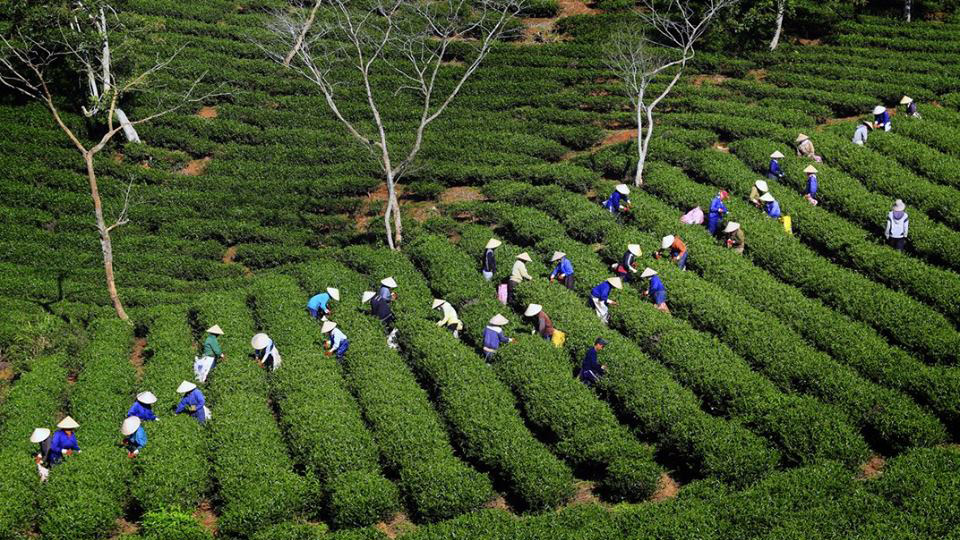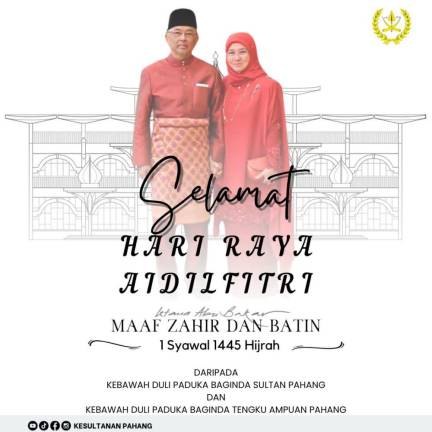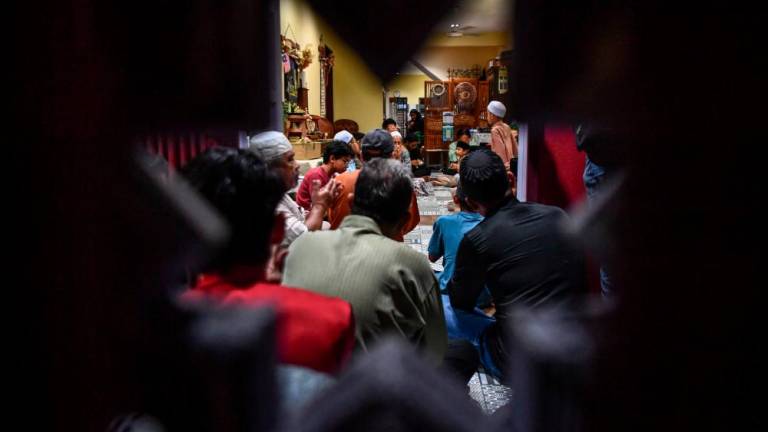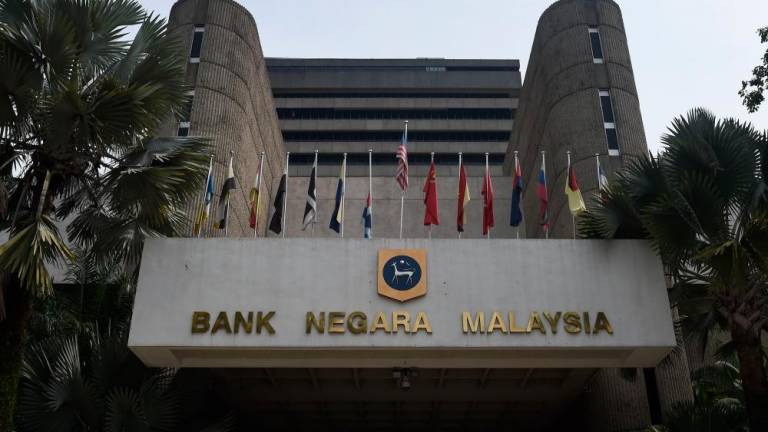KOTA KINABALU: As part of its mission to collect data for its input for the 12th Malaysia Plan (2021-2025), the Ministry of Agriculture and Agro-based Industry (MOA) recently conducted 16 walkabouts in four days across nine districts in Sabah.
The MOA delegation, headed by secretary-general Datuk Mohd Sallehhuddin Hassan and comprising 16 top officials from the ministry’s various agencies and journalists, travelled a total distance of 834km during the four-day, three-night 16WA programme from Sept 13 to 16.
The team visited farmers, livestock breeders, fishermen and agro-entrepreneurs, most of whom are carrying out their operations with the assistance of MOA and its agencies, to check their progress and also to obtain information on how their projects can be improved.
The information and data collected during the walkabouts would be used as a guide when the ministry prepares its input for 12MP.
The 16WA programme kicked off in Papar, about 40km from here, at the Federal Agricultural Marketing Authority’s fresh fruit outlet at the farmers market.
The outlet, where a variety of local fruits such as durian, langsat and duku are available, was initiated by FAMA in November 2017 and involves 14 entrepreneurs from Papar. The outlet succeeded in reaping revenue of RM3.2 million in 2018 and RM1.2 million between January and July this year.
Stingless bee honey
The kelulut or stingless bee honey project, initiated under MOA’s Young Agropreneur Grant Programme, at Kampung Bambangan, Membakut, was the next stop. It was pouring with rain as the delegation members made their way to the site where 270 kelulut nests have been built with the help of FAMA.
A total of 18 youths from Kampung Bambangan are involved in the project.
Project manager Razali Mohamad said they have harvested the honey twice since the start of the project, which has given the participants an opportunity to earn about RM500 to RM600 a month.
According to MOA, loans totalling RM2 million have been approved for about 200 people in Sabah to participate in kelulut honey projects in 10 villages in Membakut, Bongawan (eight villages) and Kimanis (four villages).
The next stop was Sipitang, about 80km from Membakut, to meet a group of fishermen before the delegation travelled another 80km to Tenom, which is known for its coffee plantations and its roasted Robusta coffee powder.
According to a source at the Tenom office of the Department of Agriculture, to date there are 245ha of coffee estates in Tenom, operated by 124 farmers.
The 16WA delegation also visited the three-ha Seri Cempaka Recreation Park in Keningau, which retired teacher Musa Numan, 63, has been operating since 2003.
The park’s main highlight is the pond which is home to about 10 species of freshwater fish such as keli, tilapia, patin, pelian, lampam, and even lobsters.
Musa said the area where the pond is located was in the past peatland with an underground spring which eventually became the water source for the pond.
“We also have a mini-farm in the park where we rear quails, kampung chicken and ducks under the guidance of the Farmers Entrepreneurial Development Fund,“ said Musa, who received the Successful Farmer award in 2014 in conjunction with the state-level Farmers, Breeders and Fishermen’s Day celebrations.
Maliau basin
From Keningau, the team proceeded to the Area Farmers Organisation in Nabawan, about 65km away. After a fact-finding session during which the delegation members also had the chance to sample local durians such as the sweet and creamy dalit and sukang varieties, they travelled another 138km to the Maliau Basin Conservation Area (MBCA), which comprises 58,840 ha of pristine forests with its own self-contained ecosystem.
MBCA Environmental Conservation and Management division manager Jadda Suhaimi gave a briefing on Maliau Basin and also reminded the delegation members not to leave food remnants around as the smell can attract the sun bears which may try to “break into” the visitors’ accommodation.
In the evening, they went for a jungle trek during which they had an introduction to various species of trees such as pokok tualang on one of which they caught sight of the horned spider.
When darkness set in, it was time for a night safari where they managed to spot animals like deer, flying squirrel, civet cat and leopard cat.
The following day, the delegation left for the Area Farmers Organisation in Kalabakan, a five-hour journey from Maliau Basin on unpaved roads.
They also visited the keropok amplang (a Sabah delicacy made of fish and tapioca flour) factory in Kampung Marotai Besar, Kalabakan, which is operated by Kasmah Basiran, 63.
Seaweed
At the next destination, Tawau, the 16WA delegation met a group of entrepreneurs in Kampung Muhibbah who are being guided by the Malaysian Agricultural Research and Development Institute. The entrepreneurs are involved in, among others, operating bakeries and producing dry yellow noodles and tapioca chips.
The final destination was Semporna, about 110km from Tawau. The delegation visited the islands of Ligit-Ligitan and Bum-Bum where villagers are involved in seaweed cultivation and production operations under the auspices of the Farmers Organisation Authority (FOA).
FOA director-general Azulita Salim said the seawater quality, sandy seabed and presence of corals rendered the area suitable for the cultivation of red seaweed species known as kappaphycus sp. and eucheuma sp. which are rich in marine biopolymers that can be extracted for food and pharmaceutical products.
Azulita said the seaweed cultivation, which started in 2004, covers 25ha and involves 41 participants.
“So far, this project has yielded almost 34,000kg of dried seaweed worth RM138,400,“ she added. — Bernama













